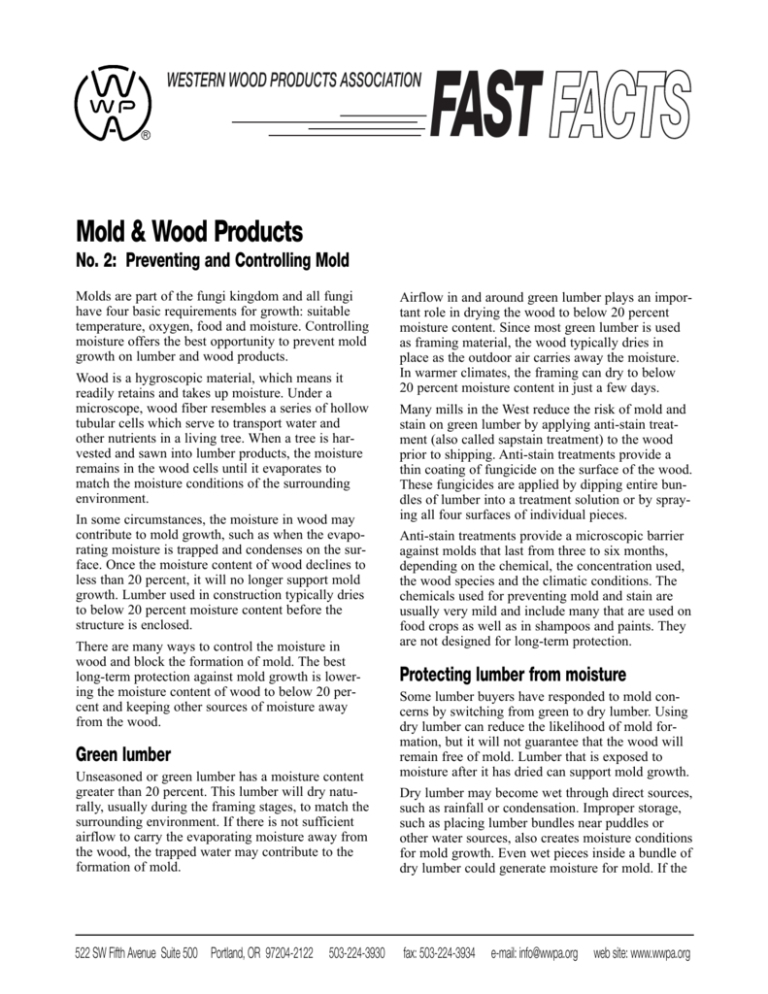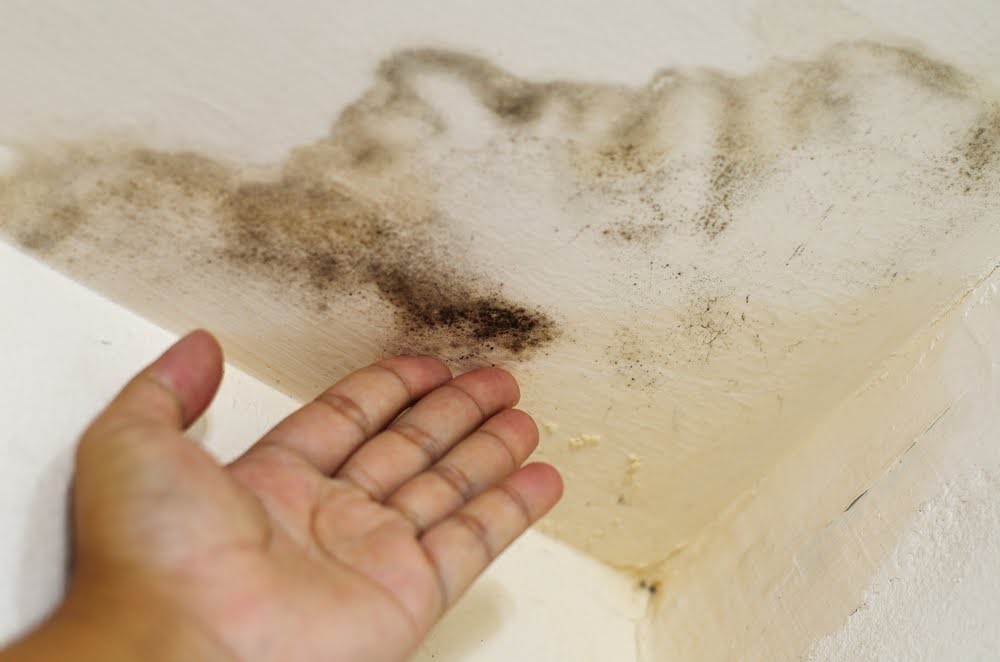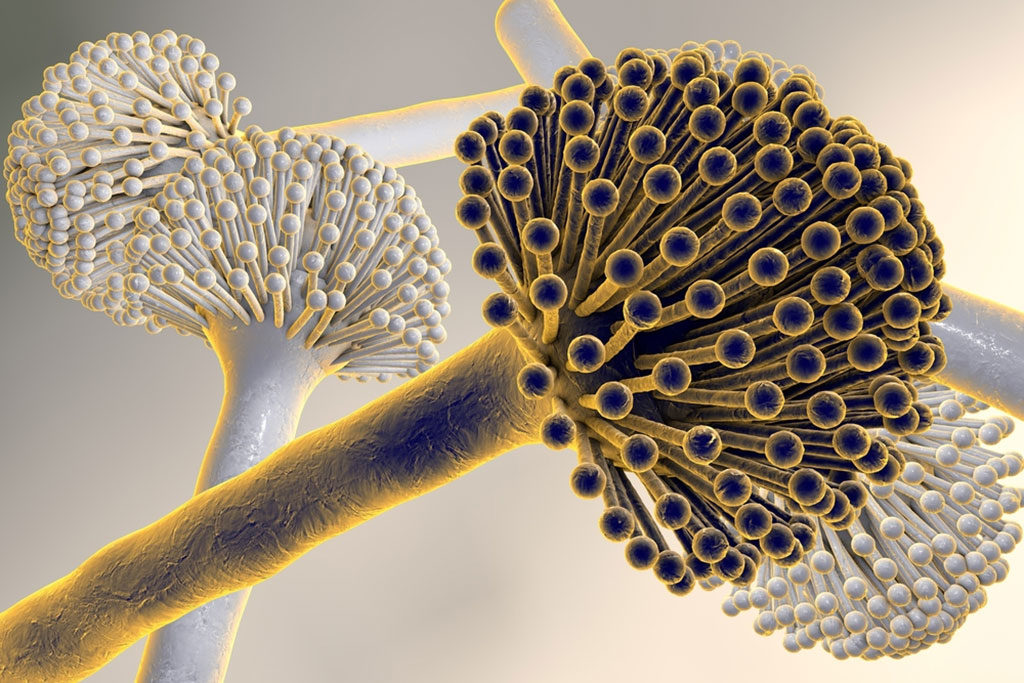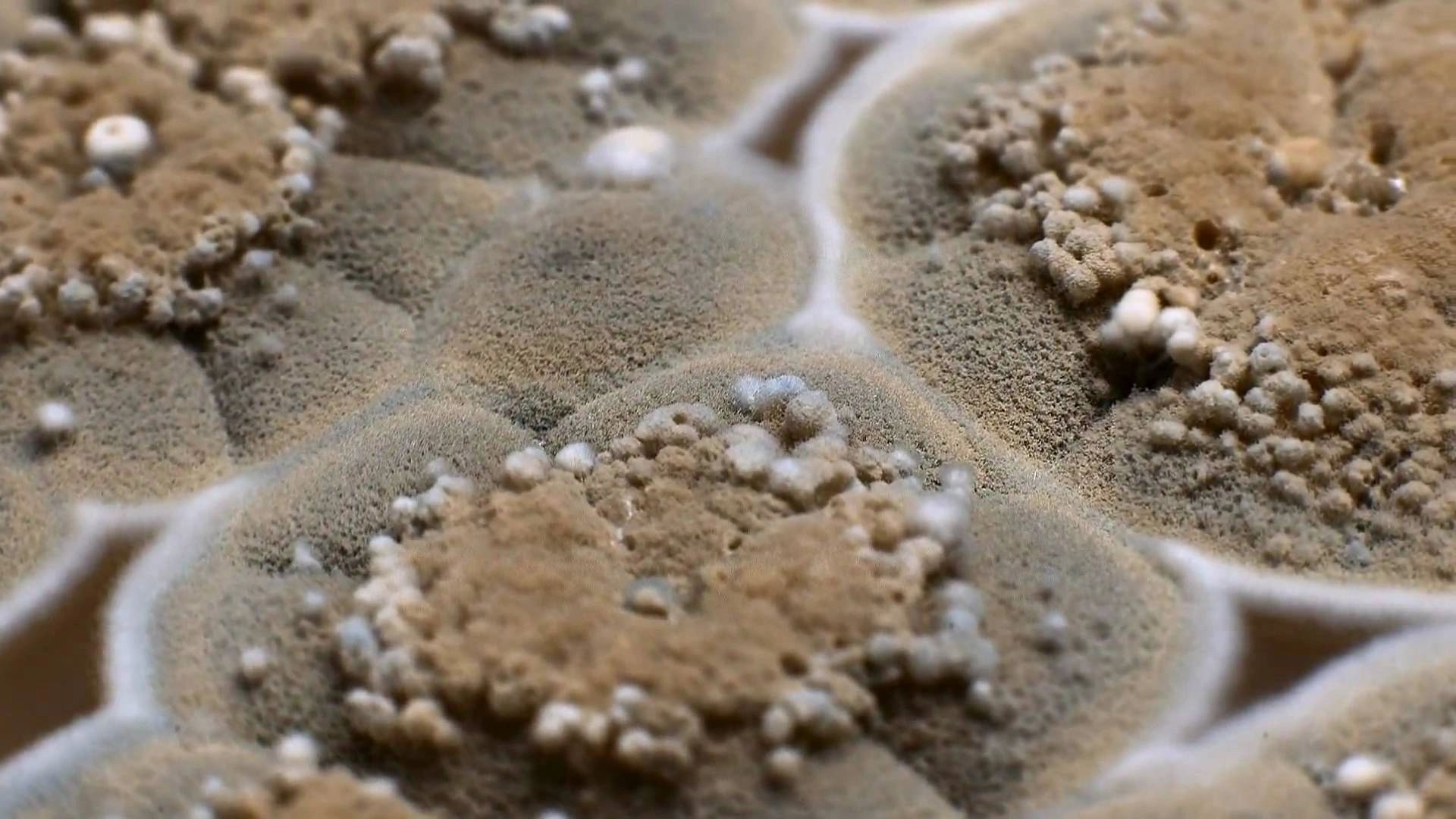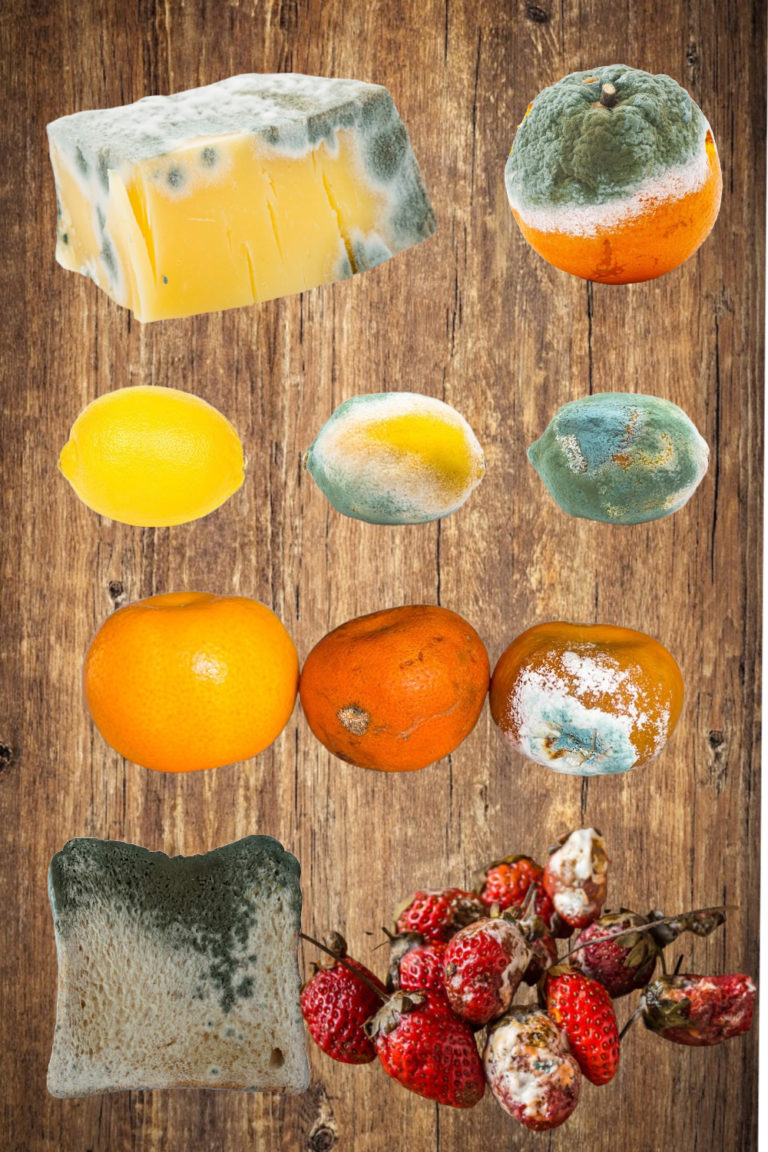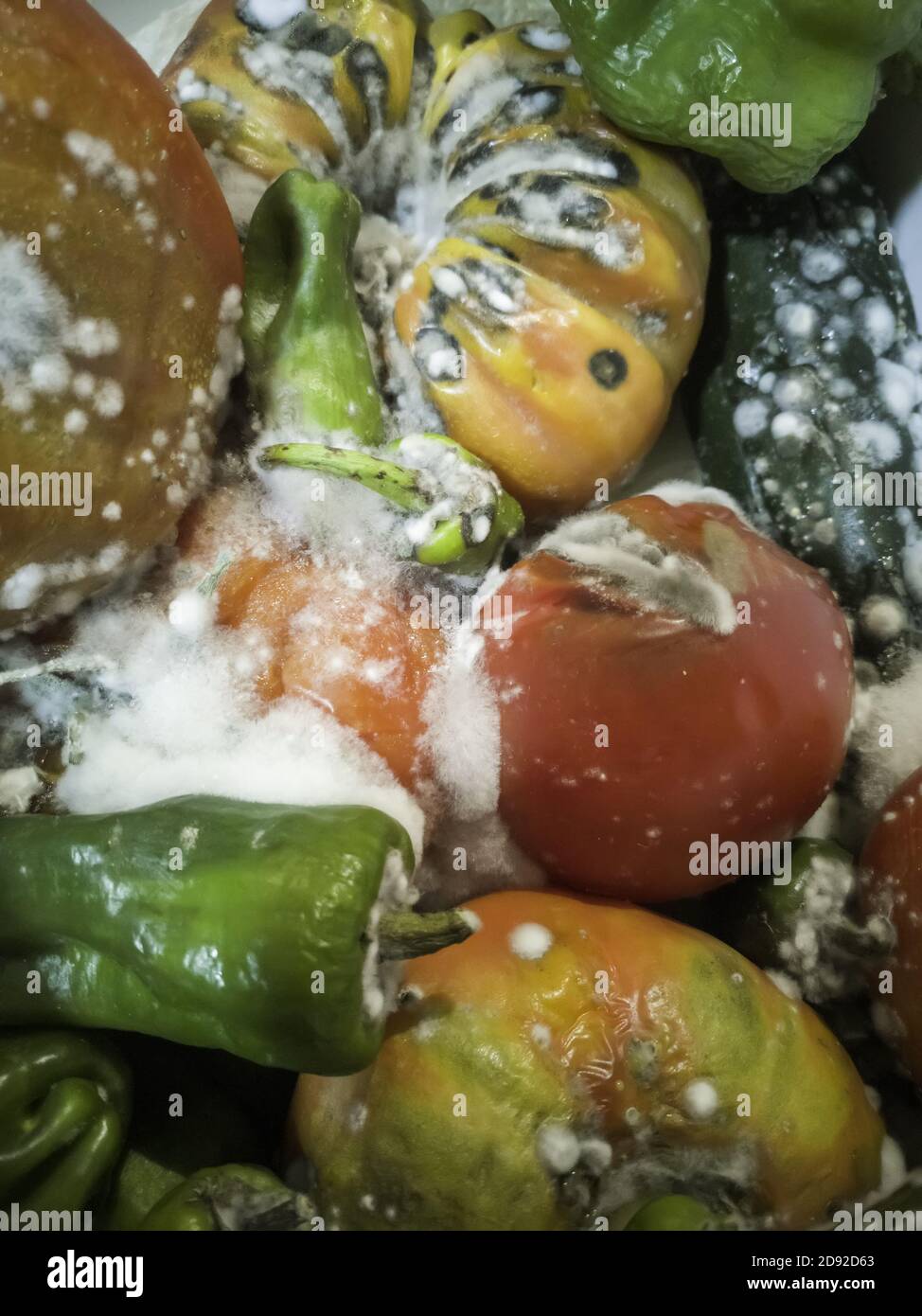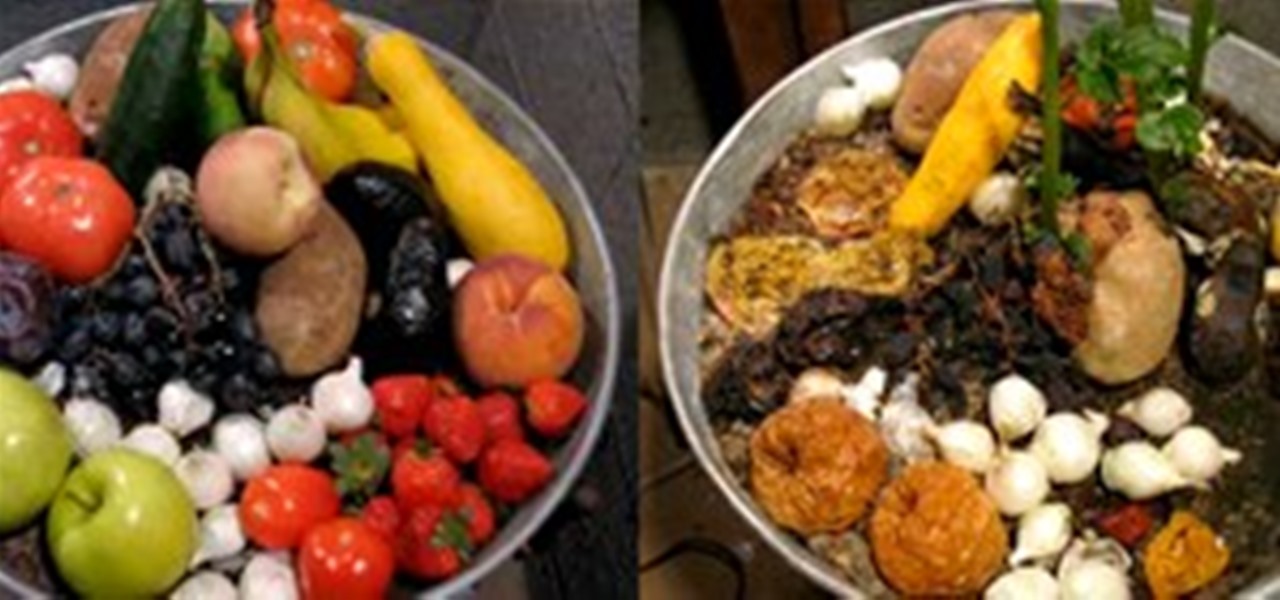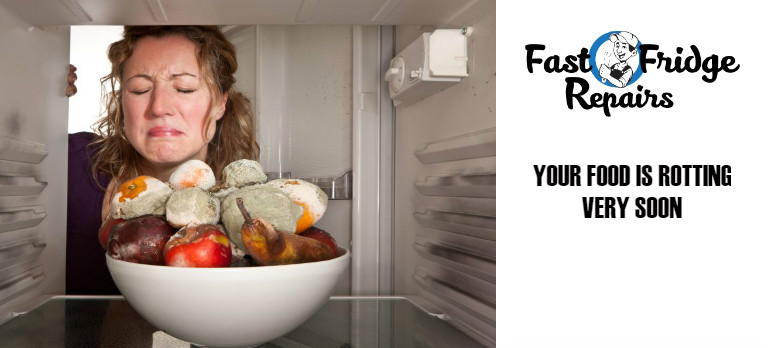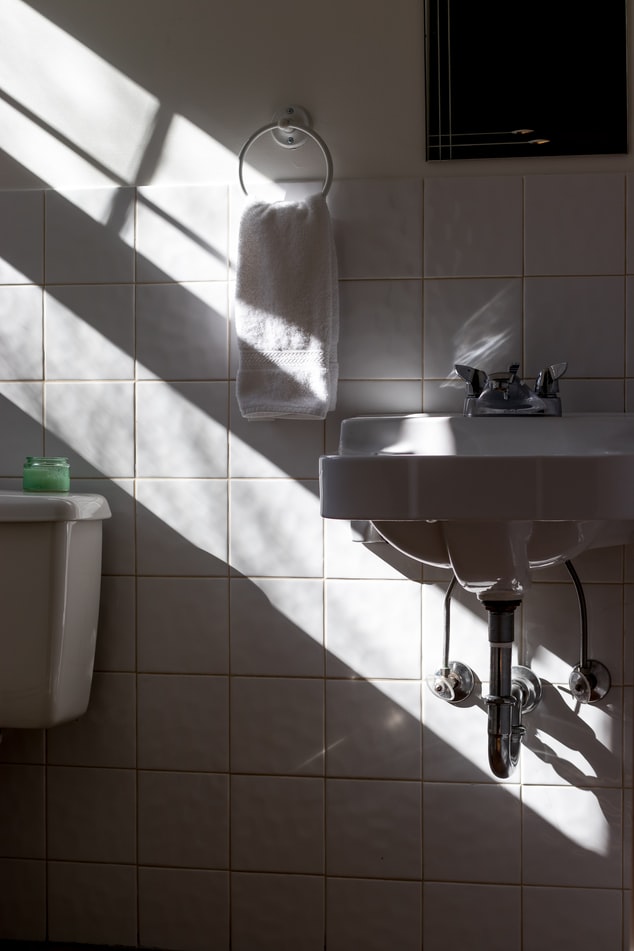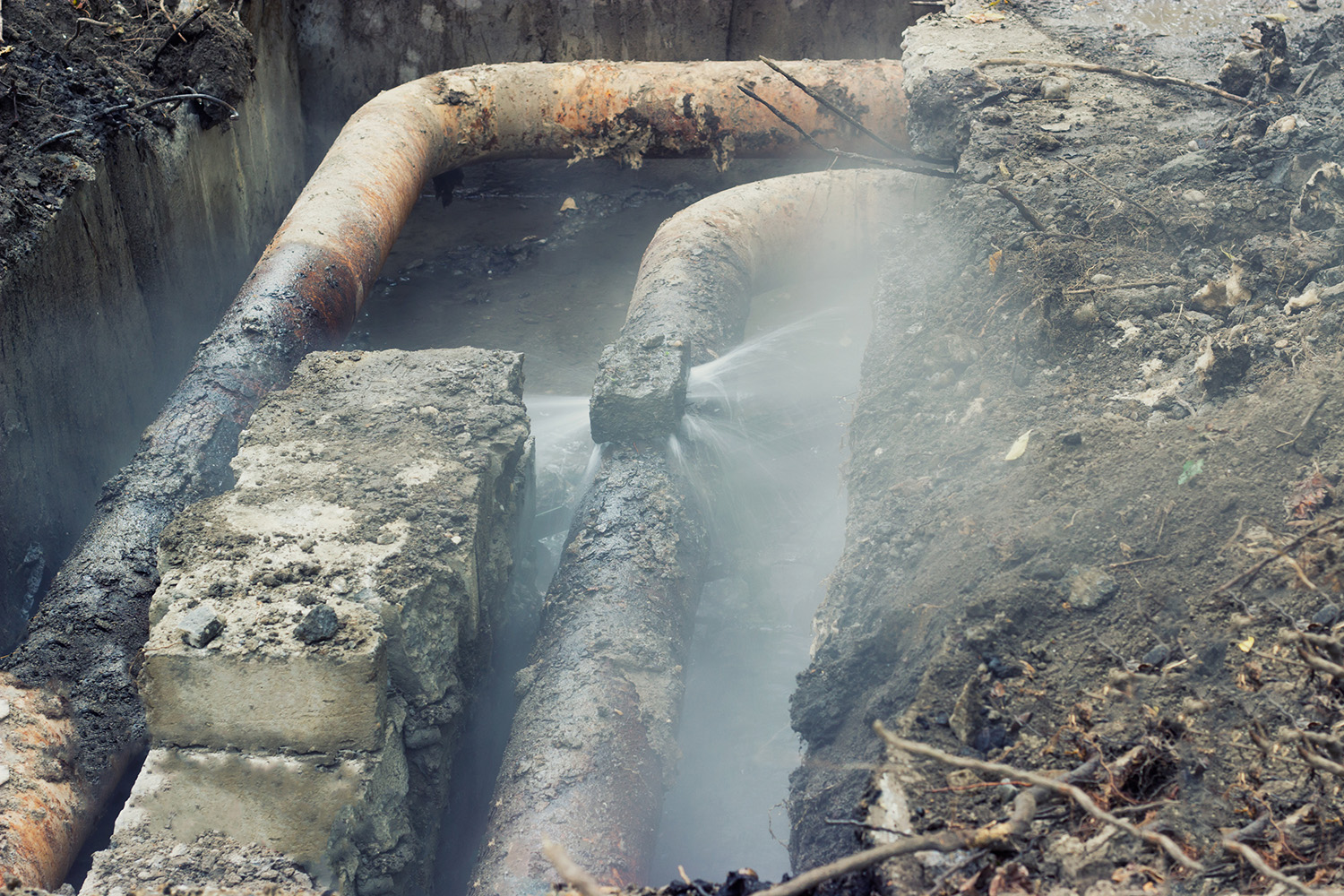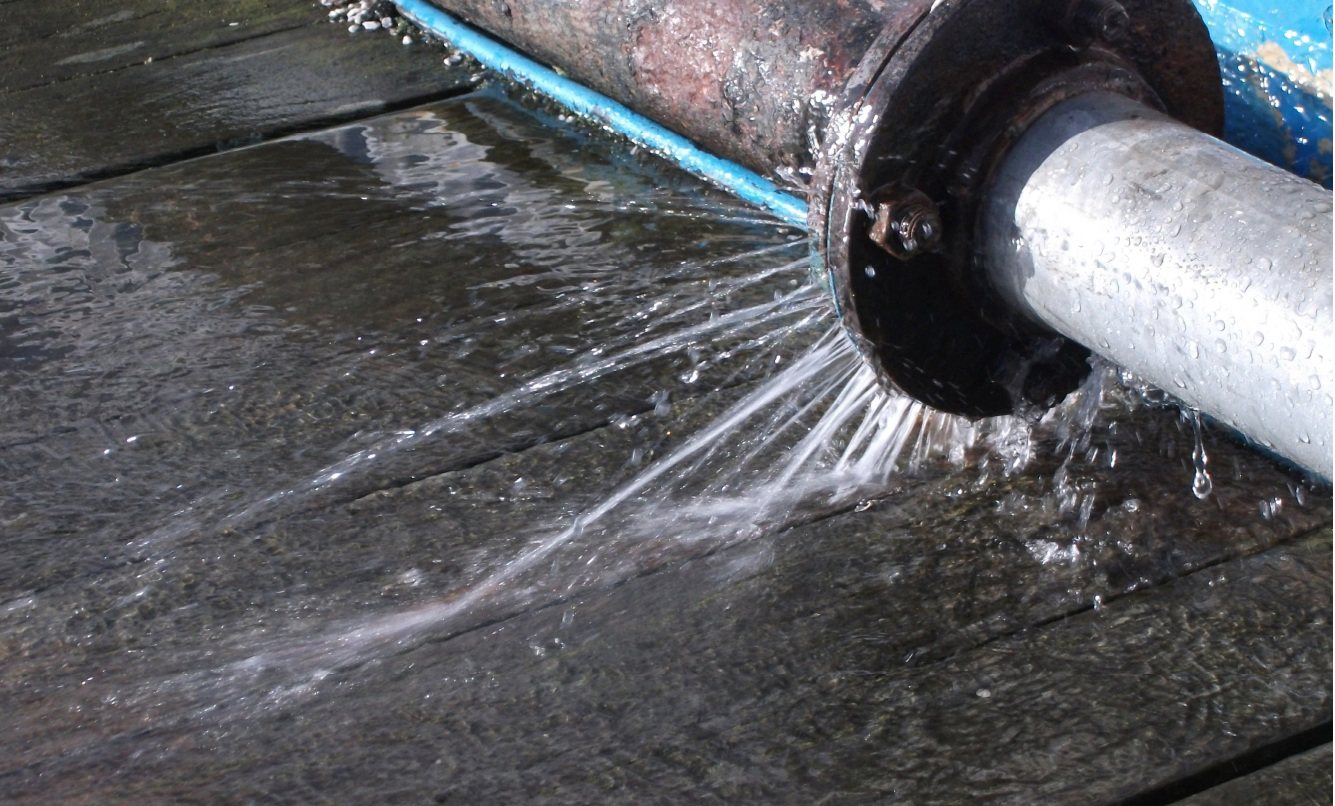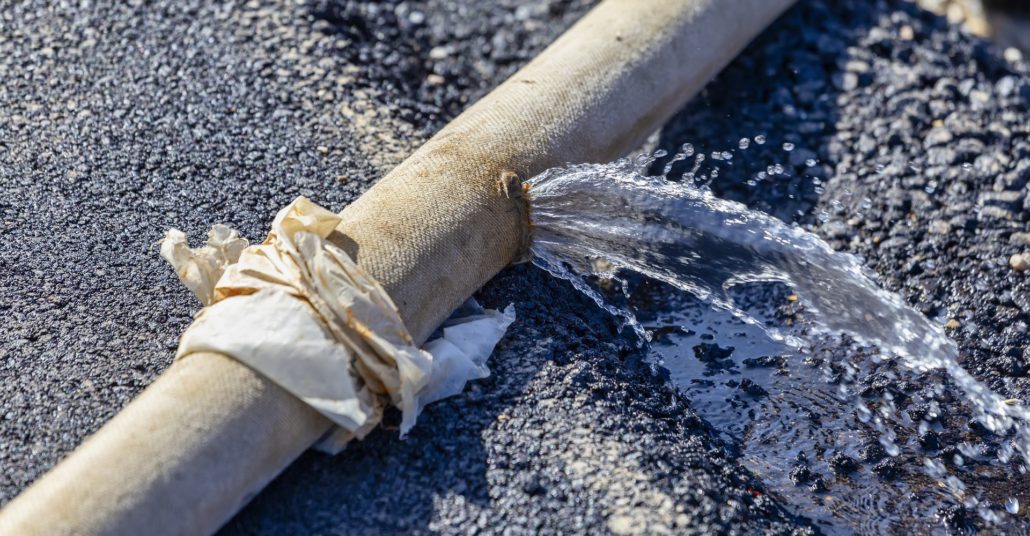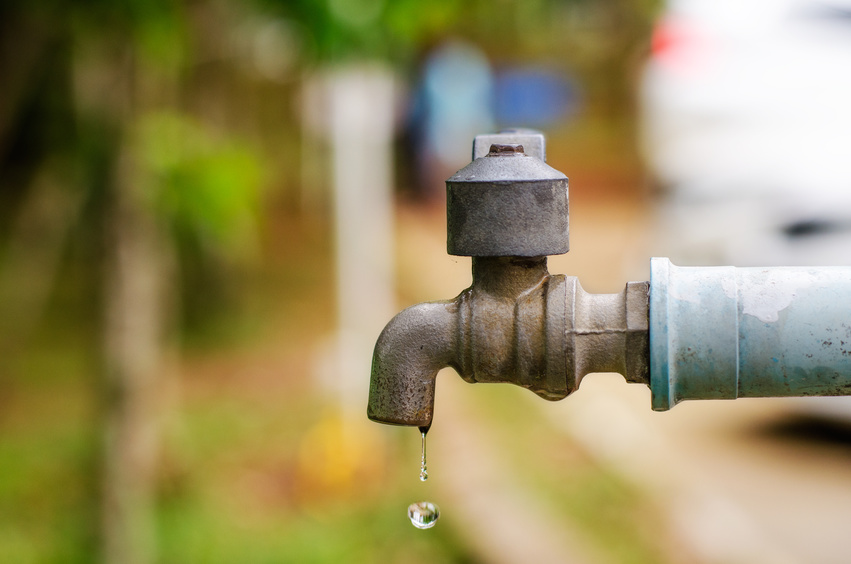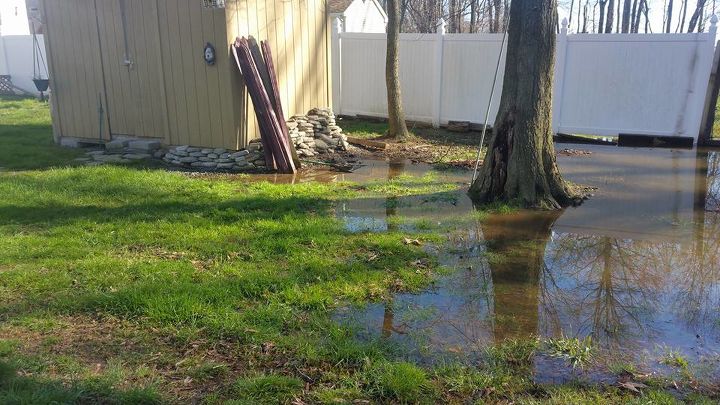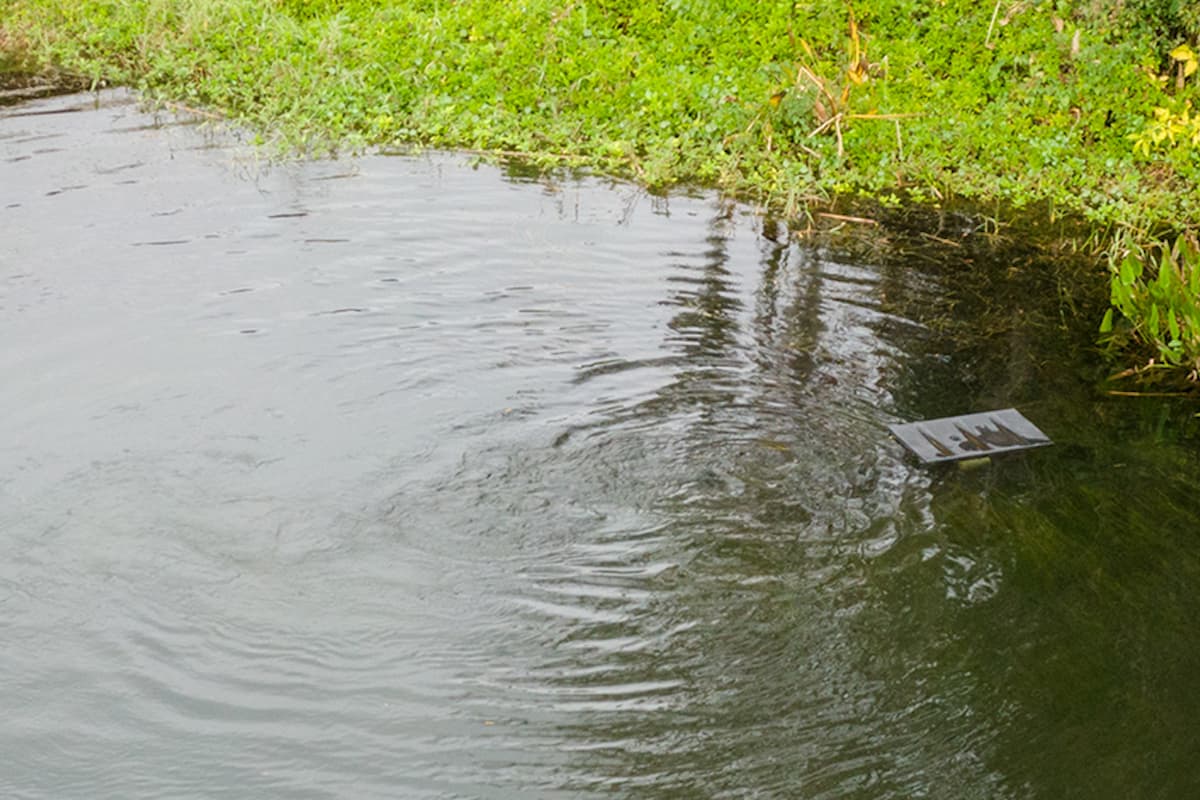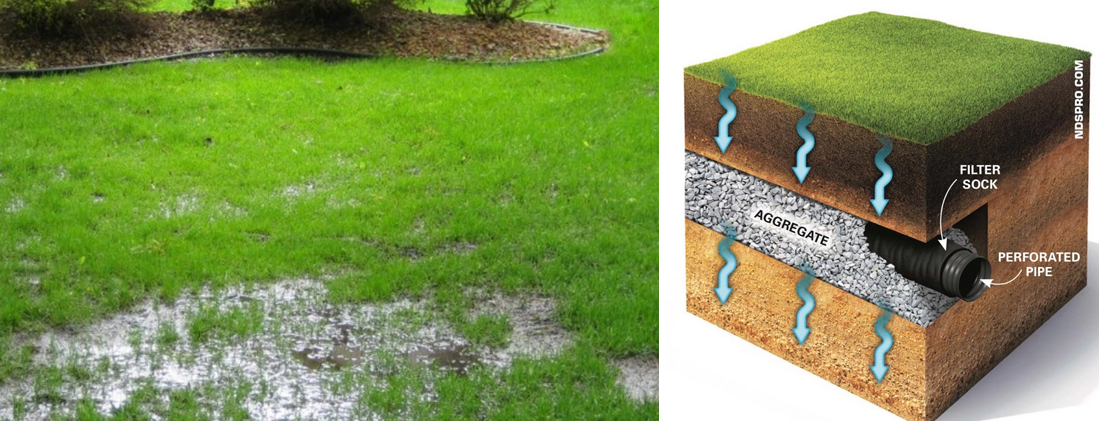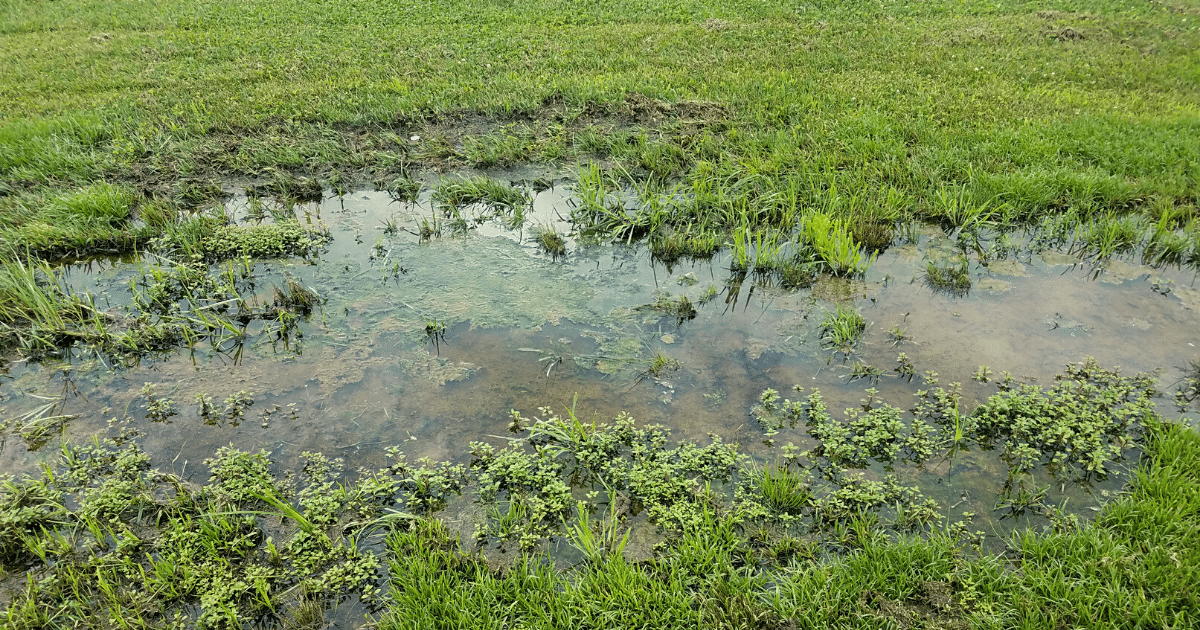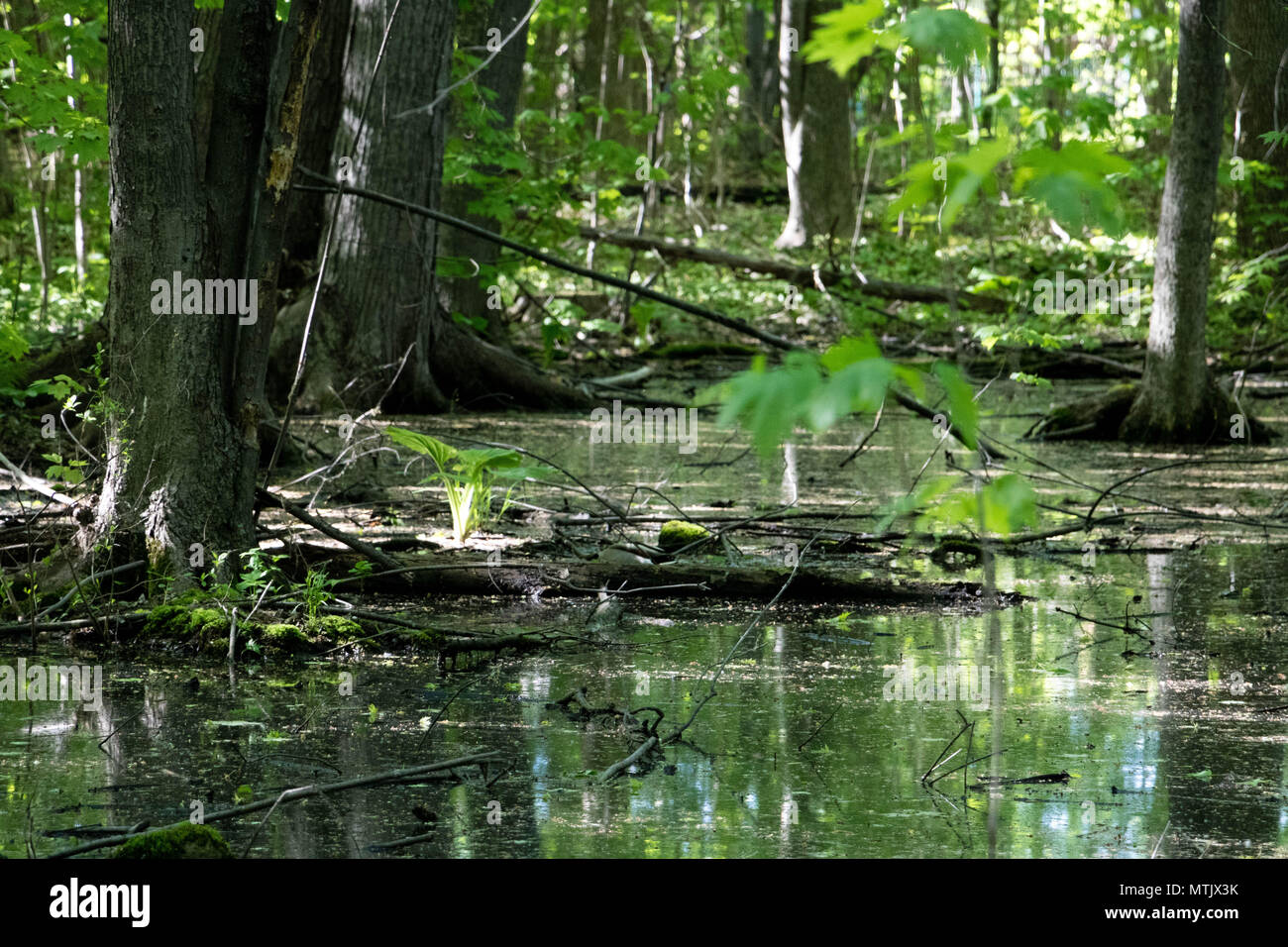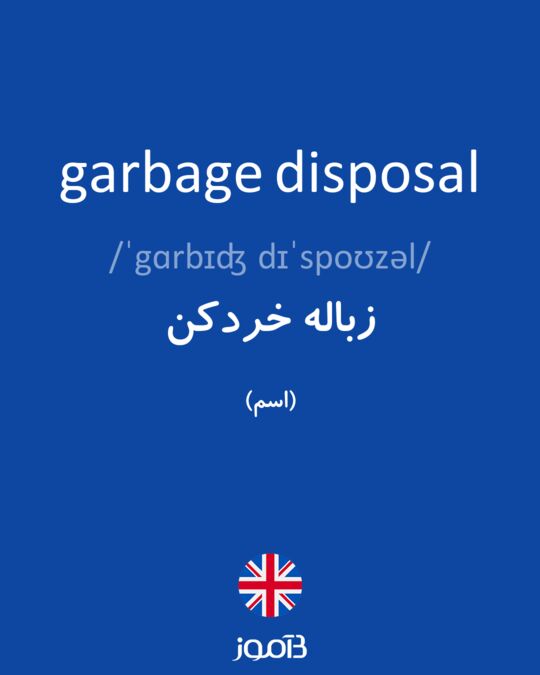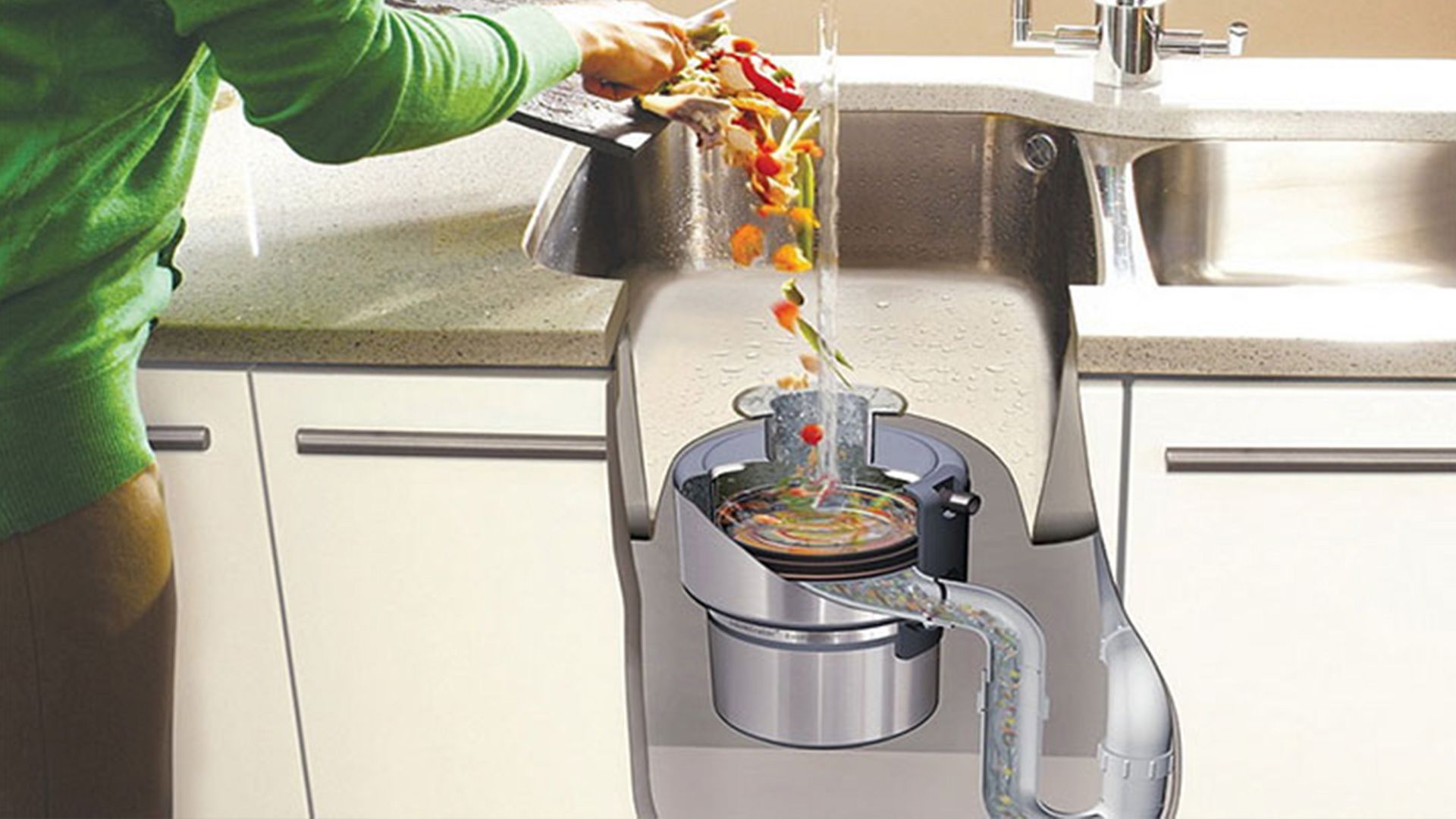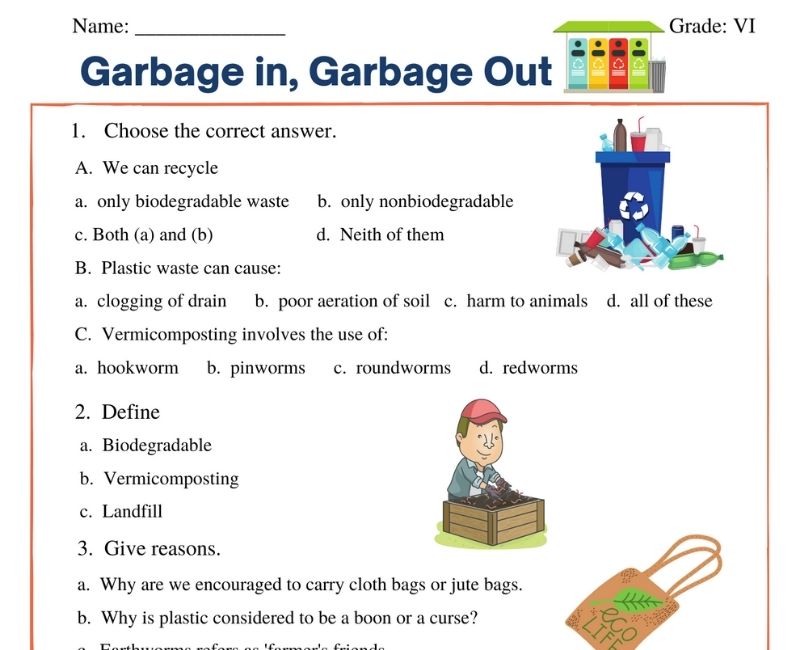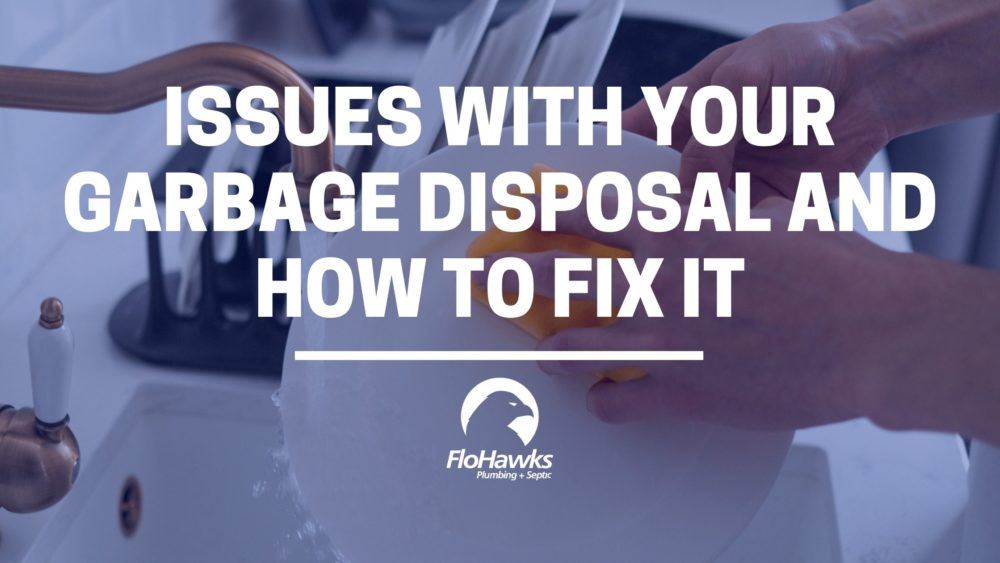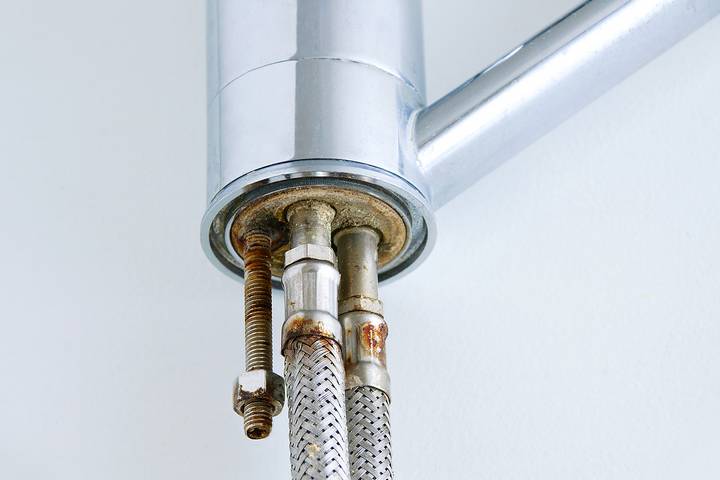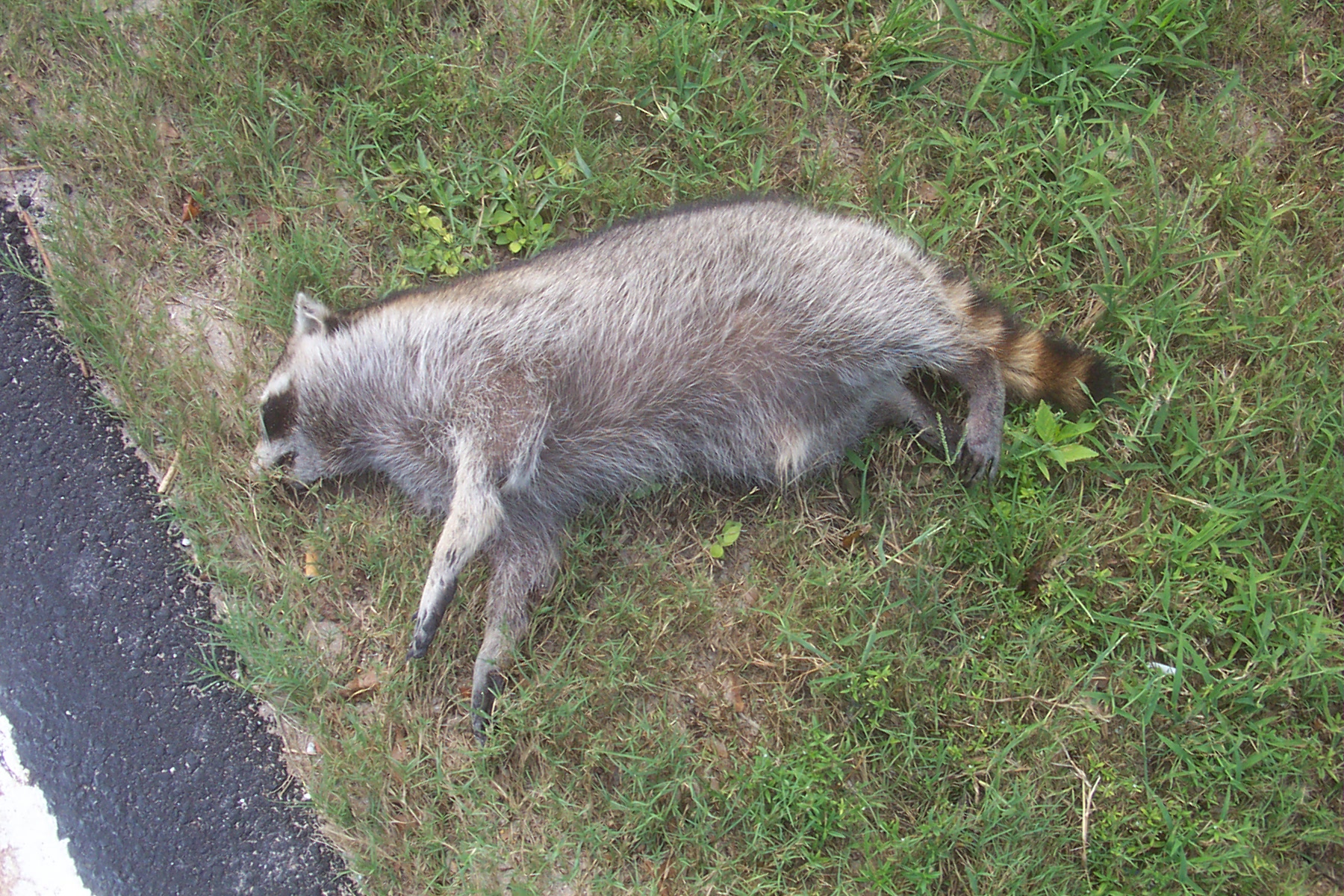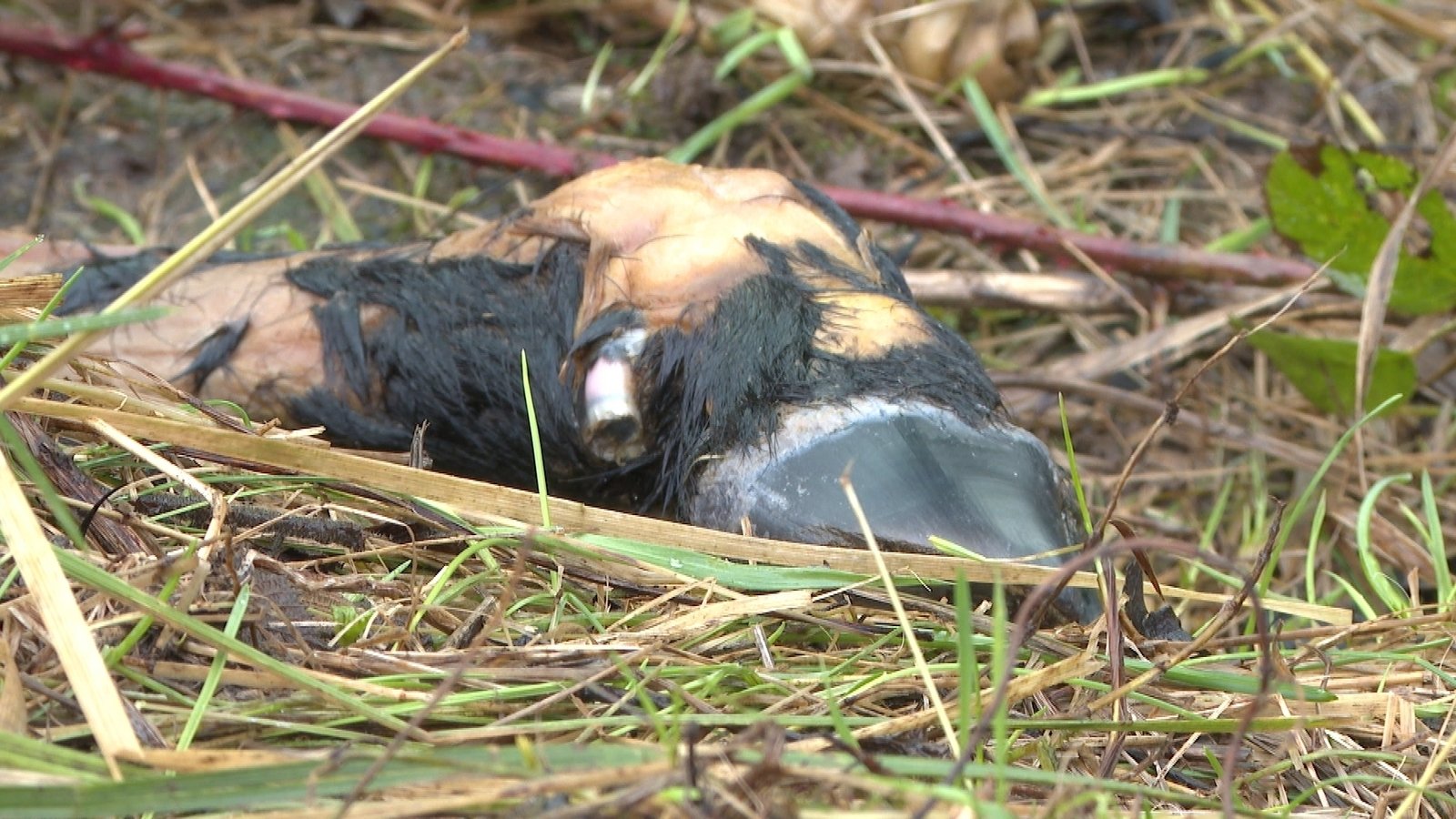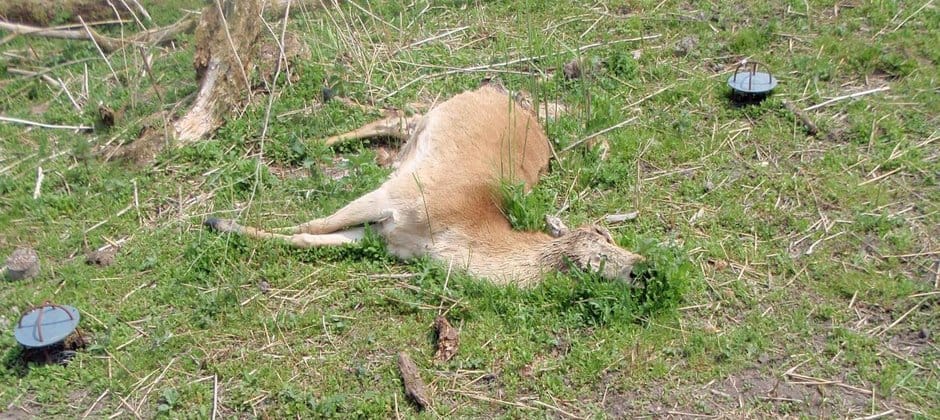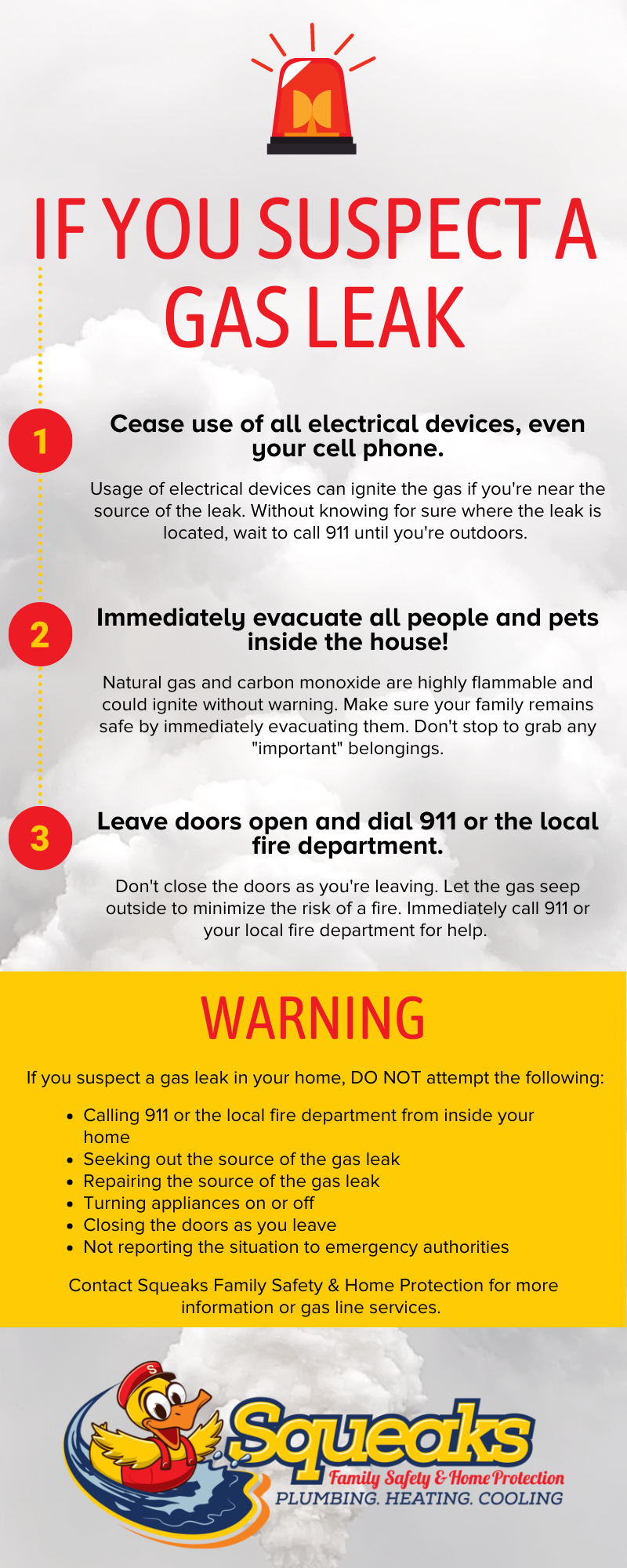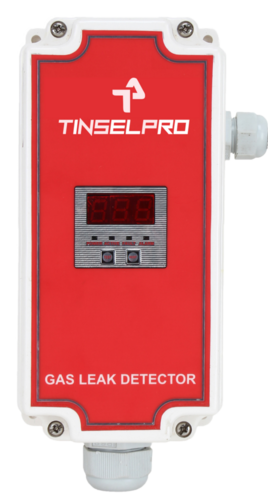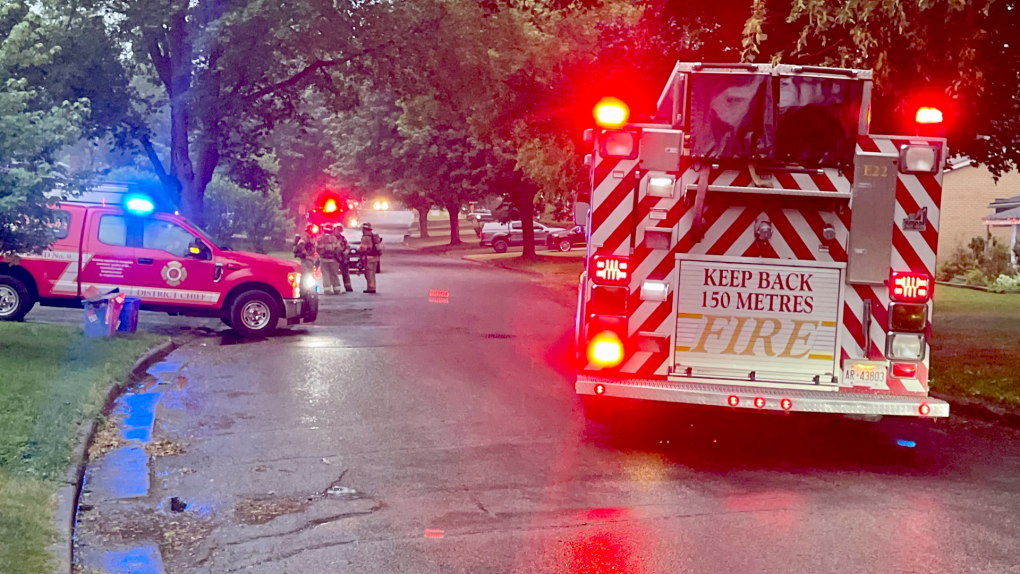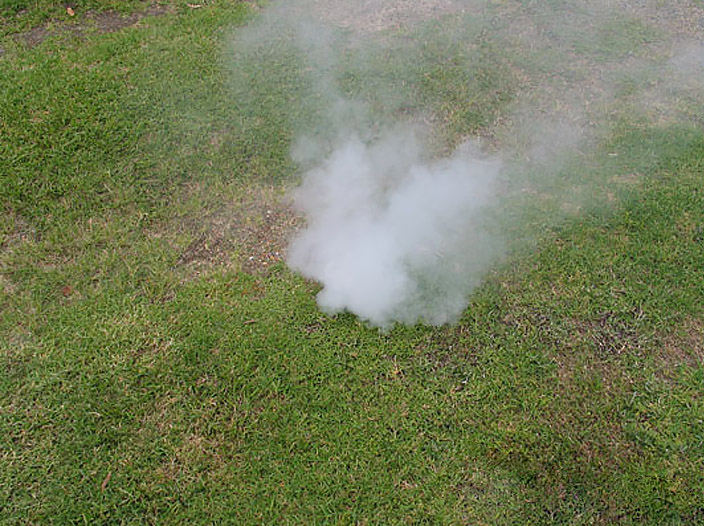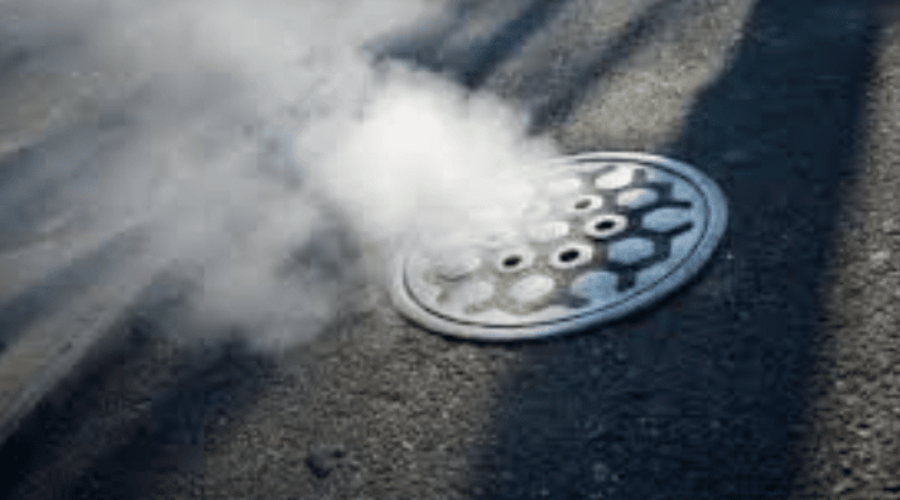One of the most common causes of a nasty smell under the kitchen sink is a clogged drain. This occurs when food particles, grease, and other debris get trapped in the pipes and start to decompose, releasing foul odors into the air. If you notice that the smell is coming from the drain, it’s important to take action immediately to prevent further buildup and potential plumbing issues.1. Clogged Drain
Mold thrives in dark and damp places, making the area under the kitchen sink the perfect breeding ground. If there is a leak or excess moisture in the area, it can lead to mold growth on the walls, pipes, or even on stored items. Mold not only causes a musty smell, but it can also be a health hazard. It’s crucial to address any mold growth under the sink promptly to prevent it from spreading and causing further issues.2. Mold Growth
Accidentally leaving food scraps or leftovers under the sink can quickly lead to a nasty smell. As the food starts to decompose, it releases a strong odor that can be hard to get rid of. It’s essential to regularly check and clean under the sink to prevent any food from being left behind. Additionally, consider using a garbage disposal to dispose of food scraps properly.3. Rotting Food
Leaking pipes are not only a nuisance but can also be a major cause of a foul smell under the kitchen sink. When there is a leak, water can accumulate in the area, leading to mold growth and a musty odor. It’s essential to address any leaks promptly to prevent further damage and eliminate the unpleasant smell.4. Leaking Pipes
If there is standing water under the kitchen sink, it can quickly become a breeding ground for bacteria, leading to a foul smell. This can be caused by a leak, clogged drain, or even a malfunctioning garbage disposal. Make sure to regularly check for standing water and address the root cause to get rid of the smell.5. Standing Water
The garbage disposal is a handy tool in the kitchen, but it can also be a source of a nasty smell. If the disposal is not regularly cleaned and maintained, food particles can accumulate and start to rot, causing a foul odor. It’s important to regularly clean and maintain the garbage disposal to prevent any unpleasant smells.6. Garbage Disposal Issues
Sponges and dishcloths are used to clean and wipe down surfaces in the kitchen, but if they are not properly cleaned and dried, they can quickly become a source of a bad smell. Bacteria can thrive on these items, leading to a musty odor. Make sure to regularly replace old sponges and dishcloths and properly clean and dry them after each use.7. Old Sponges or Dishcloths
Grease and oil can easily accumulate under the kitchen sink, especially if they are not properly disposed of or wiped down after cooking. This buildup can lead to a foul smell, as well as attract pests such as cockroaches or ants. It’s important to regularly clean and wipe down the area to prevent any grease buildup and eliminate the smell.8. Grease Buildup
As unpleasant as it may sound, it’s not uncommon for small animals such as mice or rats to find their way under the kitchen sink and die. This can happen if there are holes or gaps in the pipes or walls, allowing them to enter the space. If you notice a strong, pungent smell, it’s essential to check for any signs of dead animals and remove them promptly.9. Dead Animals
In some cases, a nasty smell under the kitchen sink can be a sign of a more serious issue, such as a sewer gas leak. This can occur if there is a crack in the pipes, allowing sewer gas to escape into the kitchen. If you notice a strong, sulfur-like odor, it’s crucial to call a professional plumber to address the issue immediately. In conclusion, a nasty smell under the kitchen sink can have various causes, from minor issues such as a clogged drain to more serious issues like a sewer gas leak. Regularly checking and maintaining the area under the sink can help prevent these issues and eliminate any unpleasant odors. Remember to address any plumbing issues promptly and properly dispose of food scraps and grease to keep your kitchen smelling fresh and clean.10. Sewer Gas Leak
How to Get Rid of that Nasty Smell Under Your Kitchen Sink
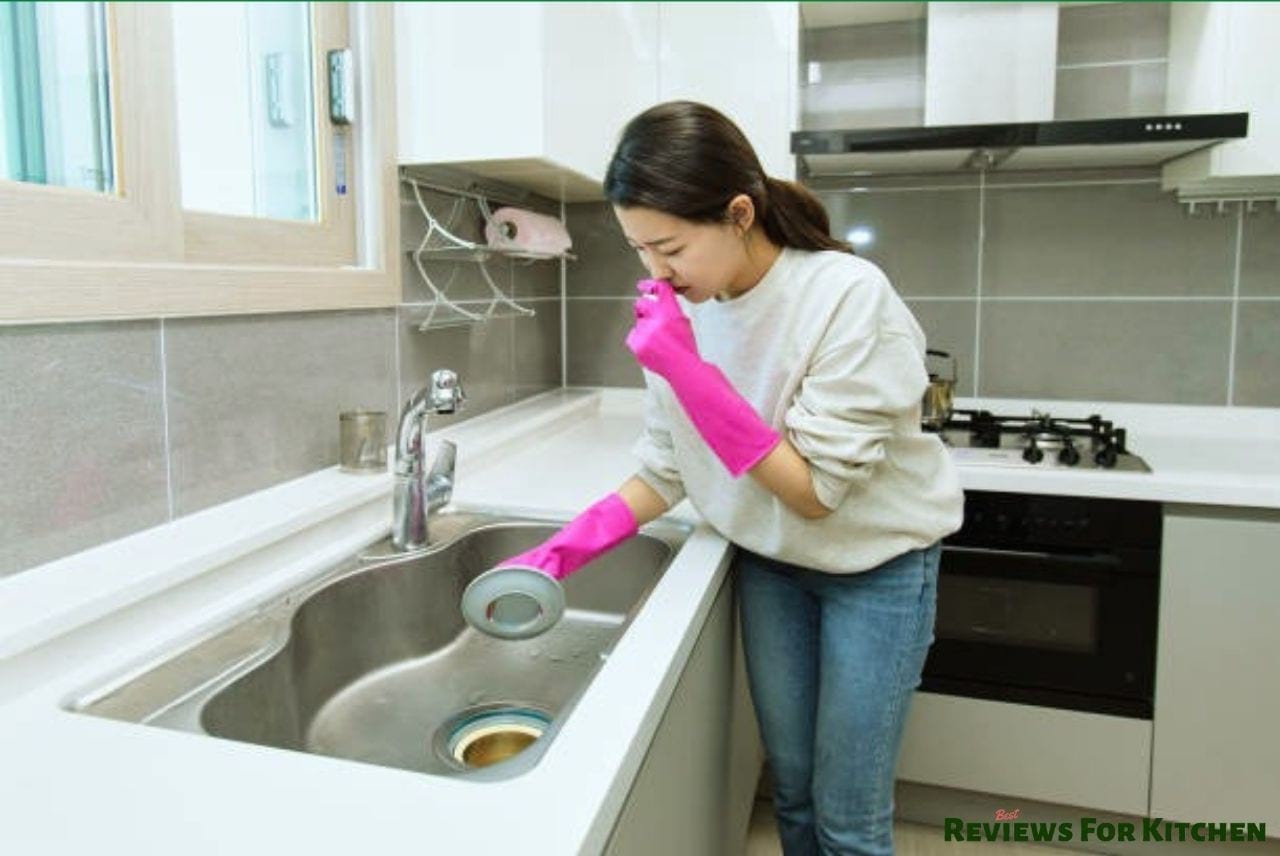
The Culprit: A Clogged Drain
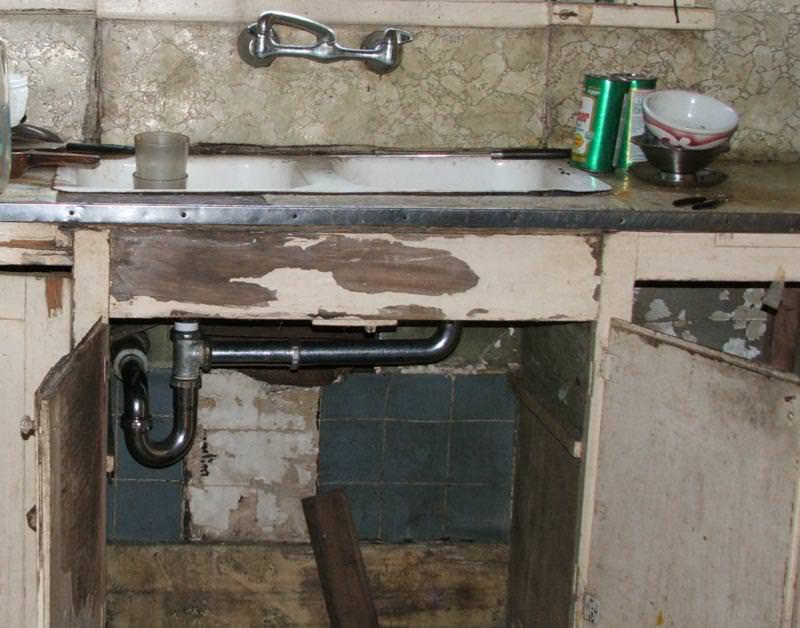 If you've noticed a funky odor coming from under your kitchen sink, chances are it's coming from a clogged drain. This is a common issue in many households and can be caused by a variety of factors such as food particles, grease buildup, or even a blocked vent pipe. Not only does a clogged drain create an unpleasant smell, but it can also lead to more serious plumbing problems if left unaddressed. So, it's important to take action as soon as you notice the issue.
If you've noticed a funky odor coming from under your kitchen sink, chances are it's coming from a clogged drain. This is a common issue in many households and can be caused by a variety of factors such as food particles, grease buildup, or even a blocked vent pipe. Not only does a clogged drain create an unpleasant smell, but it can also lead to more serious plumbing problems if left unaddressed. So, it's important to take action as soon as you notice the issue.
Step 1: Clear the Drain
 The first step in getting rid of the smell is to clear the clogged drain. There are a few methods you can try, depending on the severity of the blockage. For minor clogs, you can try pouring boiling water down the drain or using a plunger to dislodge the debris. For tougher clogs, a drain snake or chemical drain cleaner may be necessary. Make sure to follow the instructions carefully and take proper safety precautions when using chemical cleaners.
The first step in getting rid of the smell is to clear the clogged drain. There are a few methods you can try, depending on the severity of the blockage. For minor clogs, you can try pouring boiling water down the drain or using a plunger to dislodge the debris. For tougher clogs, a drain snake or chemical drain cleaner may be necessary. Make sure to follow the instructions carefully and take proper safety precautions when using chemical cleaners.
Step 2: Clean the Area
 Once the drain is cleared, it's important to clean the area thoroughly.
Use a mixture of hot water and baking soda to scrub the inside of the drain, as this can help eliminate any lingering odors.
You can also use a vinegar and water solution to disinfect the area and prevent future clogs. Be sure to also clean the surrounding pipes and any other surfaces that may have been affected by the clog.
Once the drain is cleared, it's important to clean the area thoroughly.
Use a mixture of hot water and baking soda to scrub the inside of the drain, as this can help eliminate any lingering odors.
You can also use a vinegar and water solution to disinfect the area and prevent future clogs. Be sure to also clean the surrounding pipes and any other surfaces that may have been affected by the clog.
Step 3: Prevent Future Clogs
 To prevent the smell from returning, it's important to take steps to prevent future clogs.
Avoid pouring grease and oil down your drain, as these can solidify and cause blockages.
You can also use a drain strainer to catch food particles and prevent them from going down the drain. Regularly cleaning and maintaining your drains can also help prevent future clogs and keep your kitchen smelling fresh.
To prevent the smell from returning, it's important to take steps to prevent future clogs.
Avoid pouring grease and oil down your drain, as these can solidify and cause blockages.
You can also use a drain strainer to catch food particles and prevent them from going down the drain. Regularly cleaning and maintaining your drains can also help prevent future clogs and keep your kitchen smelling fresh.
When to Call a Professional
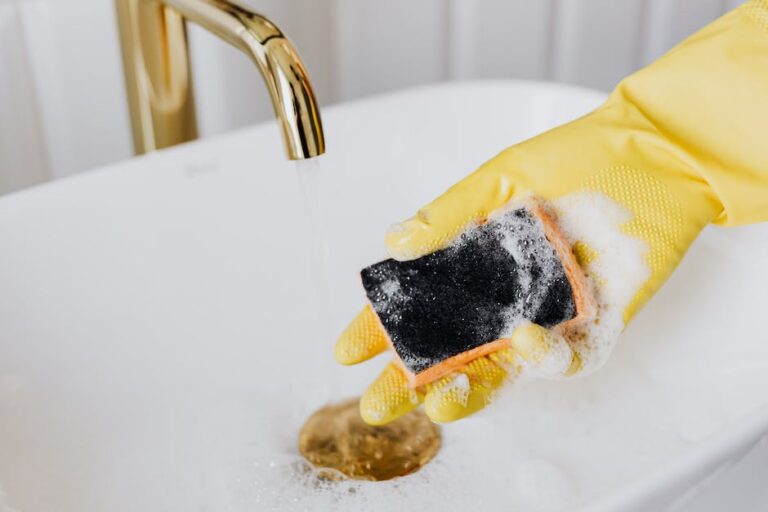 If the smell persists even after clearing the clog and cleaning the area, it may be time to call a professional plumber. They can assess the situation and determine if there are any underlying issues that need to be addressed.
It's also a good idea to have your drains professionally cleaned every few years to prevent buildup and keep them functioning properly.
If the smell persists even after clearing the clog and cleaning the area, it may be time to call a professional plumber. They can assess the situation and determine if there are any underlying issues that need to be addressed.
It's also a good idea to have your drains professionally cleaned every few years to prevent buildup and keep them functioning properly.
By following these steps, you can get rid of that nasty smell under your kitchen sink and keep your plumbing in good condition. Don't ignore the issue, as it can lead to more serious and costly problems in the future. With regular maintenance and proper care, you can keep your kitchen smelling fresh and clean.


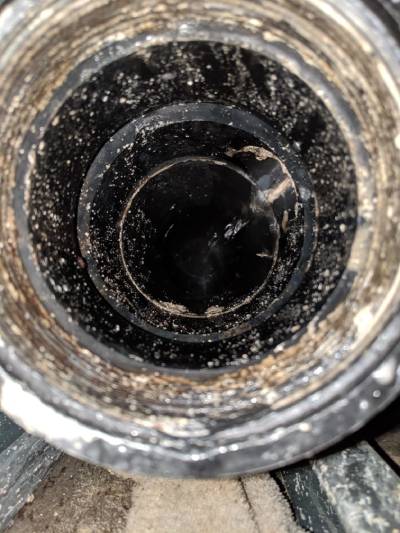








/cdn.vox-cdn.com/uploads/chorus_asset/file/19616741/drain_xl_0.jpg)



